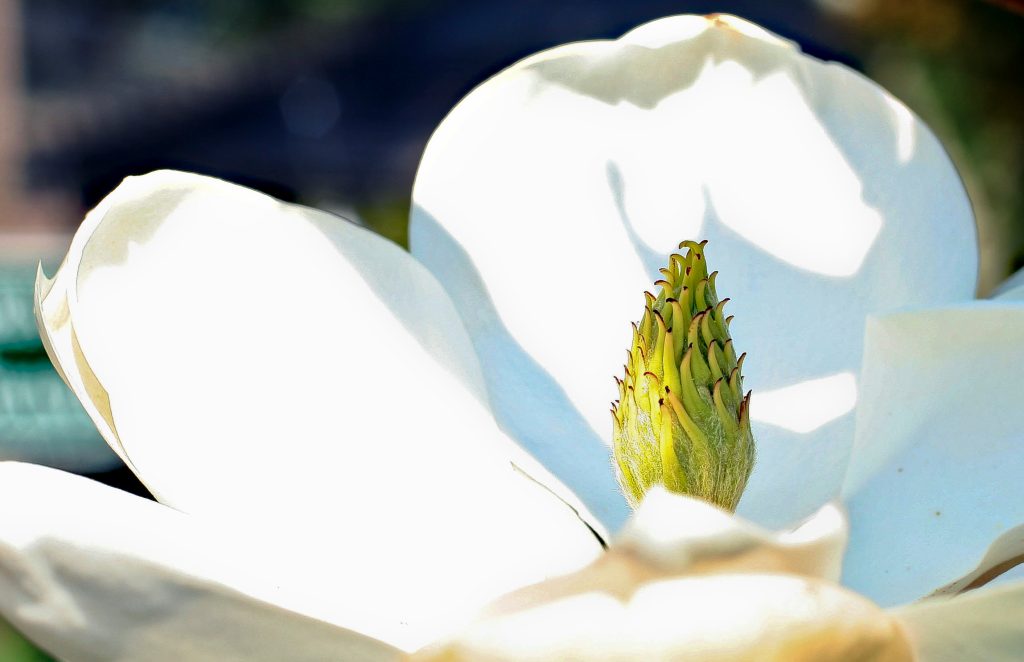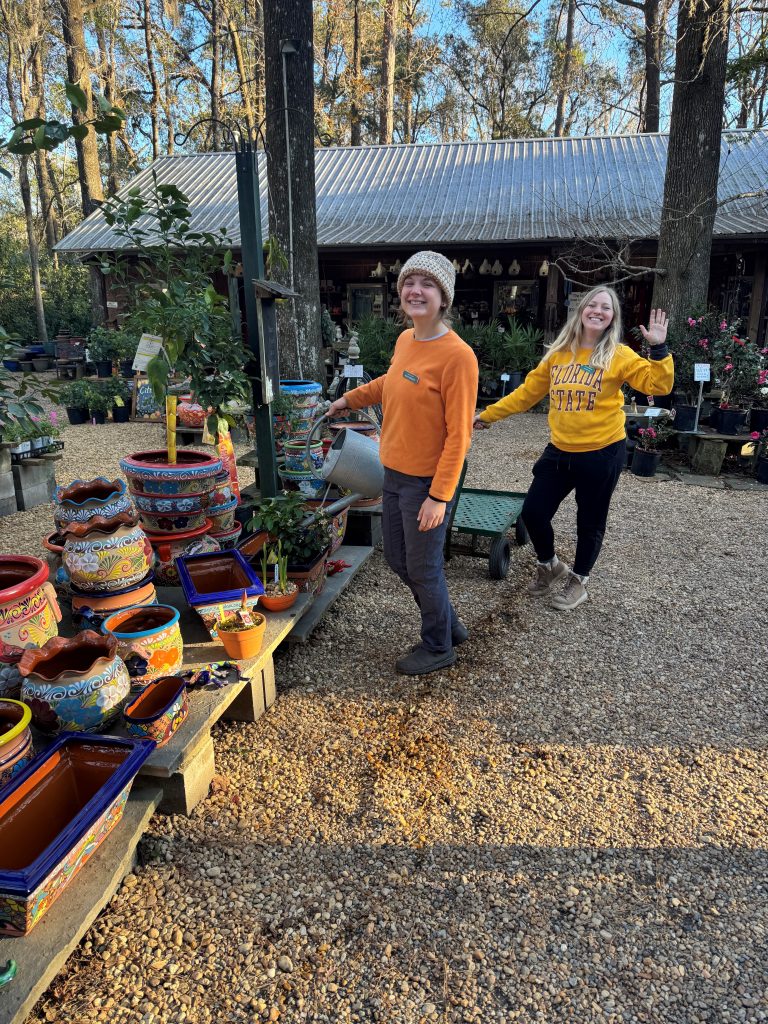This is the time of year where we often pledge to change and/or improve something about ourselves, but why not have a garden resolution, too. If you’d like a garden resolution or you’ve run out of personal resolution ideas (and you’re a gardener), then I have a couple of suggestions to help you garden with purpose this year.
Try to Accept more Imperfections in Your Landscape
Just like maybe we shouldn’t be so hard on ourselves or family members, we should also give our landscapes some grace. It’s hard to be perfect, and most landscapes have some minor, mostly aesthetic, imperfections, but that’s okay. Consider these landscape imperfections signs of character and what make it unique. Try to focus on the positive qualities of the overall landscape and not fixate on minor insect damage or a weed or two in the lawn. You may find that many of these issues clear themselves up on their own and your anxiety, worry, and efforts were not needed.
Reduce Pesticide Use
Somewhat dovetailing with accepting more imperfections, try and pledge to use less pesticides in your landscape. Many pesticides are applied in an attempt to fix minor landscape problems that often go away on their own. Based on numbers collected by various agencies, gardeners apply literal tons of pesticides to their ornamental landscapes. These products have environmental impacts and are often not fixing the problem, due to misdiagnosis, wrong timing of application, and/or other improper usage.
The UF/IFAS Florida-Friendly Landscaping™ Program has more information on how to manage landscape pests responsibly.

The native southern magnolia (Magnolia grandiflora) is a great native tree to plant in your landscape. Credit: Laura Ciociola.
Plant More Native Species
When thinking of new plantings or browsing the nursery, consider selecting native species for your landscape. Native species are more adapted to our native insects, diseases, soil conditions and climactic patterns. Native plants aren’t necessarily easier to grow – you still need to take care to get them well established – but they tend to be better able to handle the environmental stressors of our area. Additionally, native plants are most likely to benefit native wildlife species.

Local nurseries typically only offer plants well suited to your area and are your neighbors! Credit: Native Nurseries
Shop at Local Nurseries
When looking for those native plant species, try to support your local nursery businesses. Local nurseries tend to only carry the plants that are best suited to the area, and they’re your neighbors, too. To help find both native plant species and local nurseries, there is an association of Florida native plant nurseries (the Florida Association of Native Nurseries – FANN) that has a wonderful online search tool to find the perfect plant from the closest nursery.
Of course, don’t forget to utilize your local extension office if you decide to take on these resolutions. Whether it be help confirming that it is just a minor imperfection, help diagnosing a disease or insect problem, selecting native plant species, and or finding a local plant nursery, your local extension office can lead you in the right direction. UF/IFAS Extension’s Gardening Solutions webpage and Florida-Friendly Landscaping™ Program site also have plenty of online resources to help you have another successful and sustainable gardening year.
Happy New Year and Happy Gardening!
- When to Worry About Your Citrus During Cold Weather - December 18, 2025
- A Tale of Two Hoses - November 13, 2025
- Anthracnose and Aster Yellowing Diseases Recently Diagnosed - August 28, 2025

